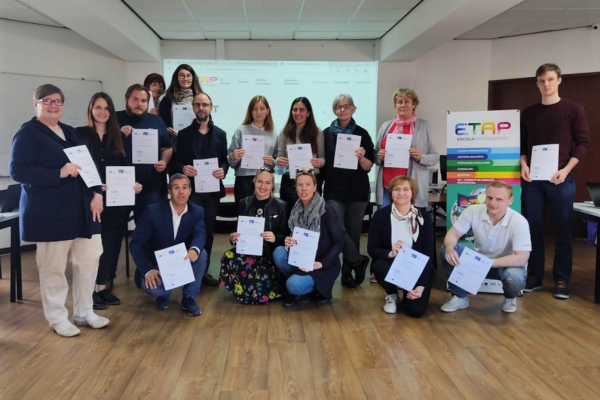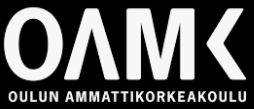Asiasana teaching and instruction
VET Teachers’ Digital Pedagogical Competences in Latvia, Lithuania, and Portugal. Needs Analysis, Review Report and Recommendations for Continuous Education and Training
Kokoomajulkaisu
13.6.2022 - Brauer Sanna, Mäenpää Kati (Eds.)
Digital Tools for Learning and Validation in VET and WBL: Training Program for VET Teachers, Trainers and Mentors (Dig4VET) is an Erasmus+ KA2 Strategic Partnerships for VET-project aimed to improve skills and competences of vocational teachers, trainers and mentors in using digital tools in education process. Main goal is to raise awareness of a variety of digital tools and technolog...
Why study Research Methods at Oulu University of Applied Sciences?
Blogi
24.2.2022 - Rantala Arja, Andersson Robert, Sormunen-Harvey Merja
Methods of Research and Knowledge Production is a 10 ETCS course module for OUAS international Master’s Degree in Clinical Optometry students. The course is taught in English. This course begins in August as the program’s first module and lasts until the end of May. The didactic portion of this course is offered via remote lectures and meetings. Materials are available for student...
Back to the main page Vocational education and training (VET) policy is among top priorities in all European Union (EU) countries...
Recommendations for Future Trainings
Artikkeli
1.1.2022 - Brauer Sanna, Mäenpää Kati, Kilja Päivi, Juntunen Elina
Back to the main page Vocational education, VET teachers and teacher trainers are experiencing constant societal change, resultin...


